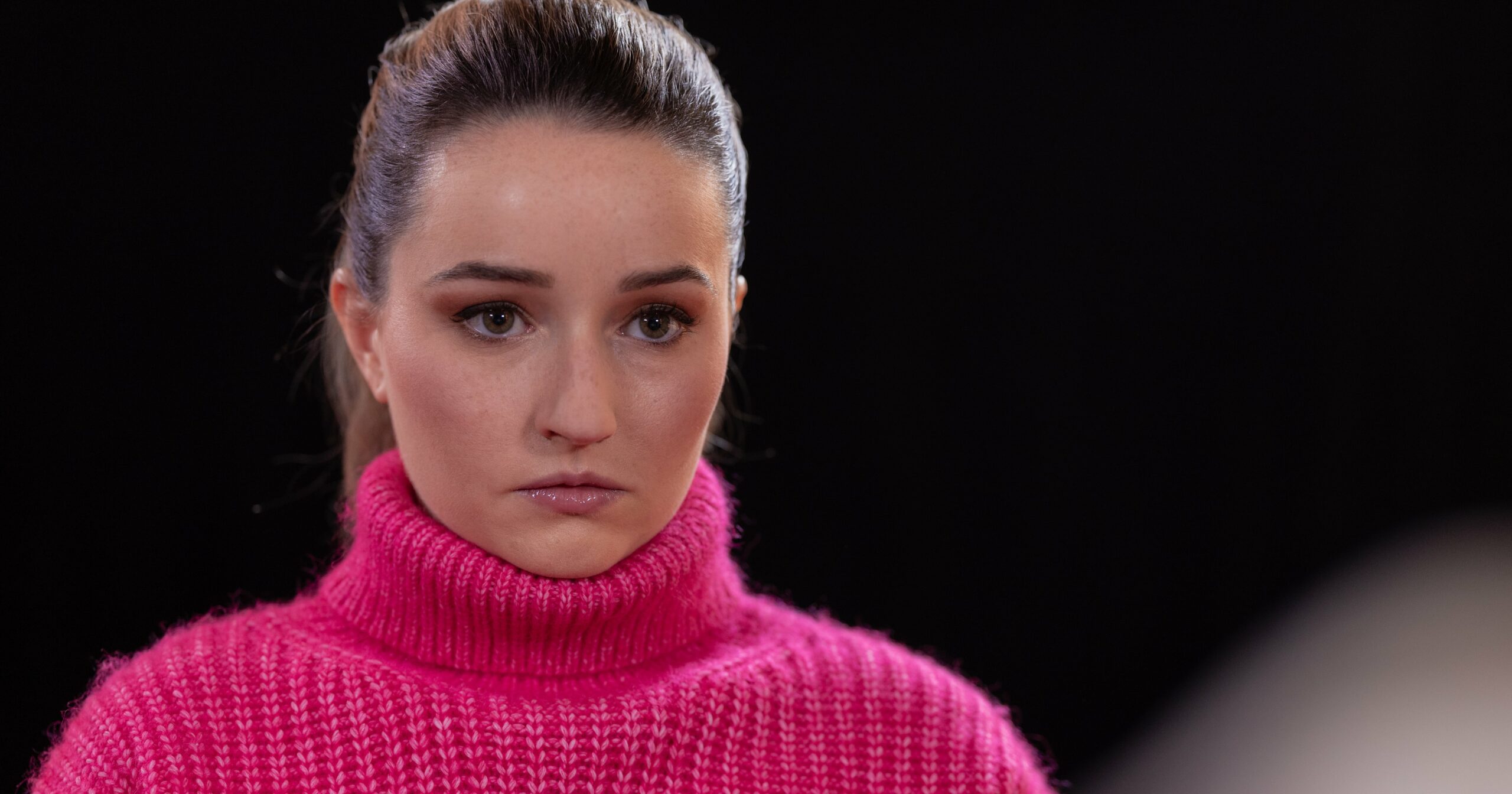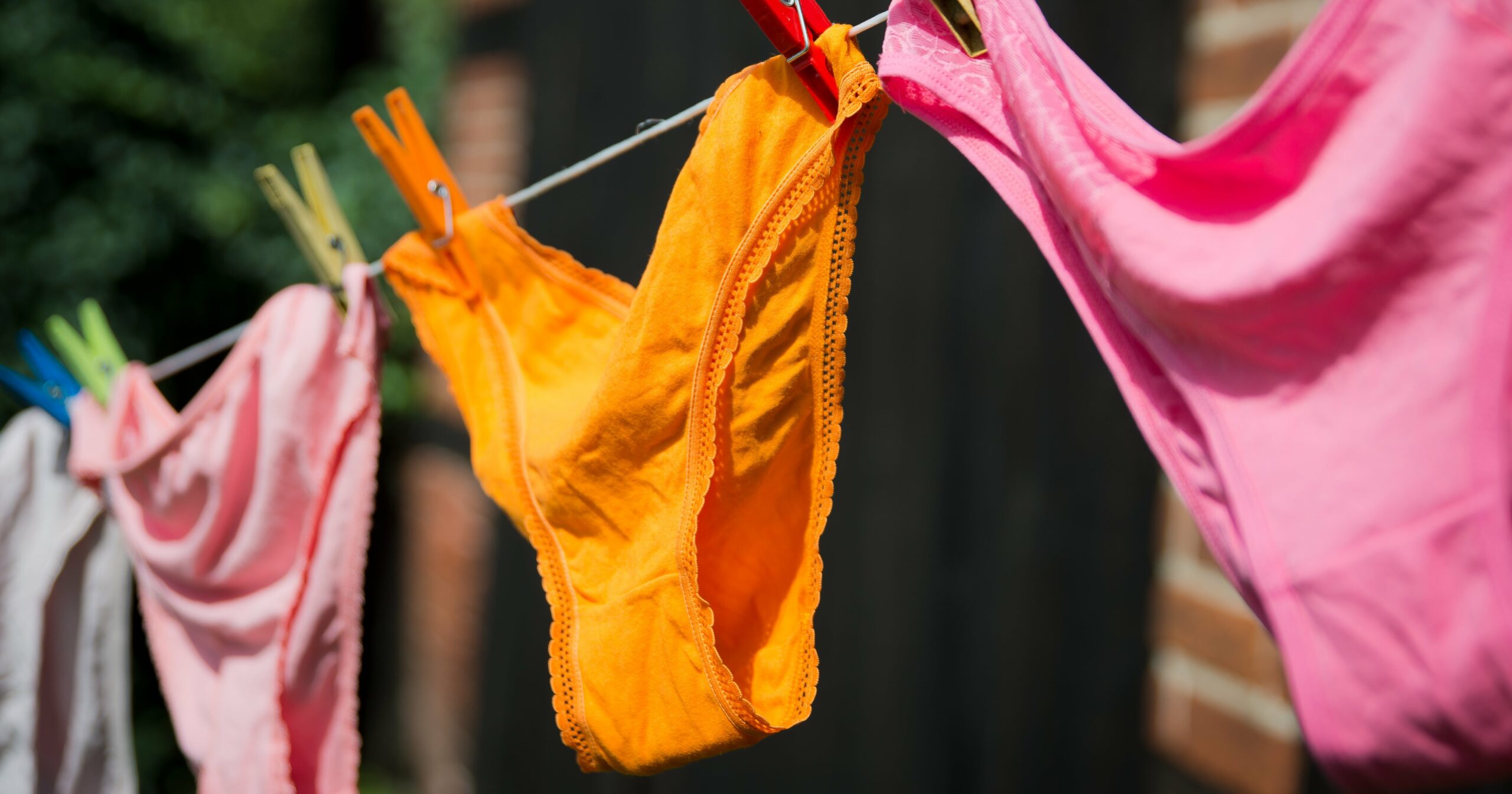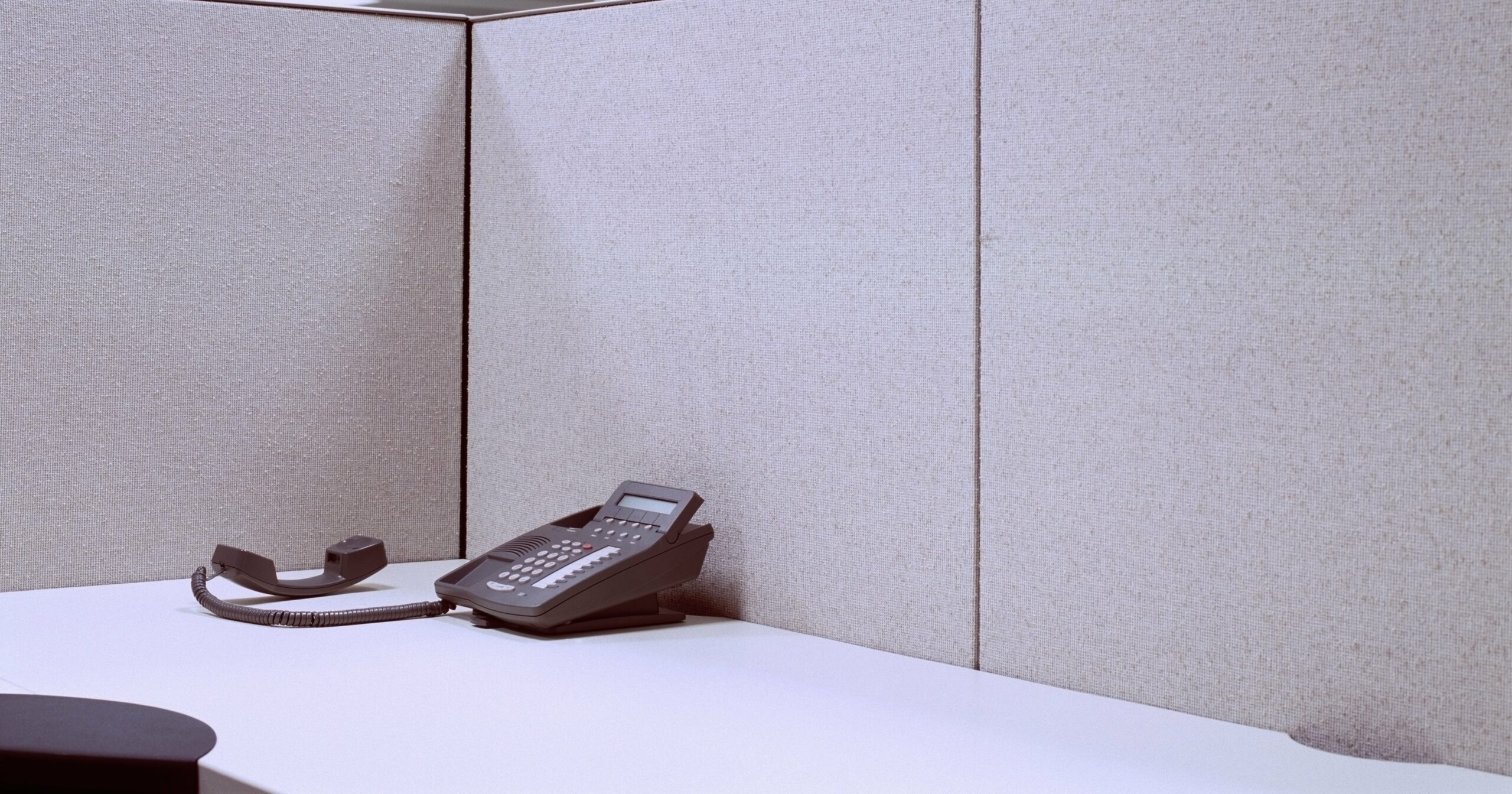Don’t worry – there’s a cure for that! In the recent Netflix miniseries, “Apple Cider Vinegar,” we see exactly how easy it is for wellness influencers to spread dangerous rhetoric . . . or just straight-up lie. Unfortunately, the problem doesn’t start and end with the show’s inspiration: Belle Gibson. Throughout the 2010s, Gibson built a platform off of pseudoscience, claiming that natural remedies were helping to treat her brain cancer. But as the Netflix show eventually reveals, Gibson never really had cancer at all.
It’s nice to think that this story is just a one-off occurrence you’ll only ever see on TV. But with wellness misinformation constantly circulating online and the rise of alternative health movements, pseudoscience seems to be at an all-time high.
As a person with a complicated chronic illness, I know these wellness scammers all too well. “Parasites [are] the problem,” one commenter told me underneath a video discussing my one-sided blindness, adding that I needed to “have a chat” with a TikTok herbalist. A few weeks later, I traveled to a prestigious cancer center in Texas to get a second opinion about eyeball surgery. Upon hearing that my symptoms started with COVID, a nurse quietly directed me to a supplement website and a podcast explaining how diet alone can cure your chronic illness.
“I’m not convinced we’ve reached the end of the wellness scammer era.”
To be clear, I don’t have anything against alternative medicine. When people ask what worked best for me, I answer honestly: rest. I do yoga every morning and prioritize low-impact exercise. I take turmeric and black pepper for inflammation, and I’ve been (almost) completely sober for three years now. I’ve tried aura readings, reiki, and aromatherapy – sometimes even in the hospital. But that doesn’t mean I’m planning on abandoning the biologics that keep my body from attacking itself.
I know firsthand that living without a definitive diagnosis (or any answers, really) can leave you feeling vulnerable and desperate. I see this as a need for better research, more funding, and systemic change. Others see it as a business opportunity. And so listening to any one person on the internet, no matter their follower count, for medical advice is never a good idea. Gibson might’ve already been exposed, but I’m not convinced we’ve reached the end of the wellness scammer era. Until then, hold on to your wallets, listen to (accredited, trustworthy) medical professionals, and be wary of wellness advice from strangers on the internet.
Chandler Plante (she/her) is an assistant health and fitness editor for PS. She has over four years of professional journalism experience, previously working as an editorial assistant for People magazine and contributing to Ladygunn, Millie, and Bustle Digital Group.




